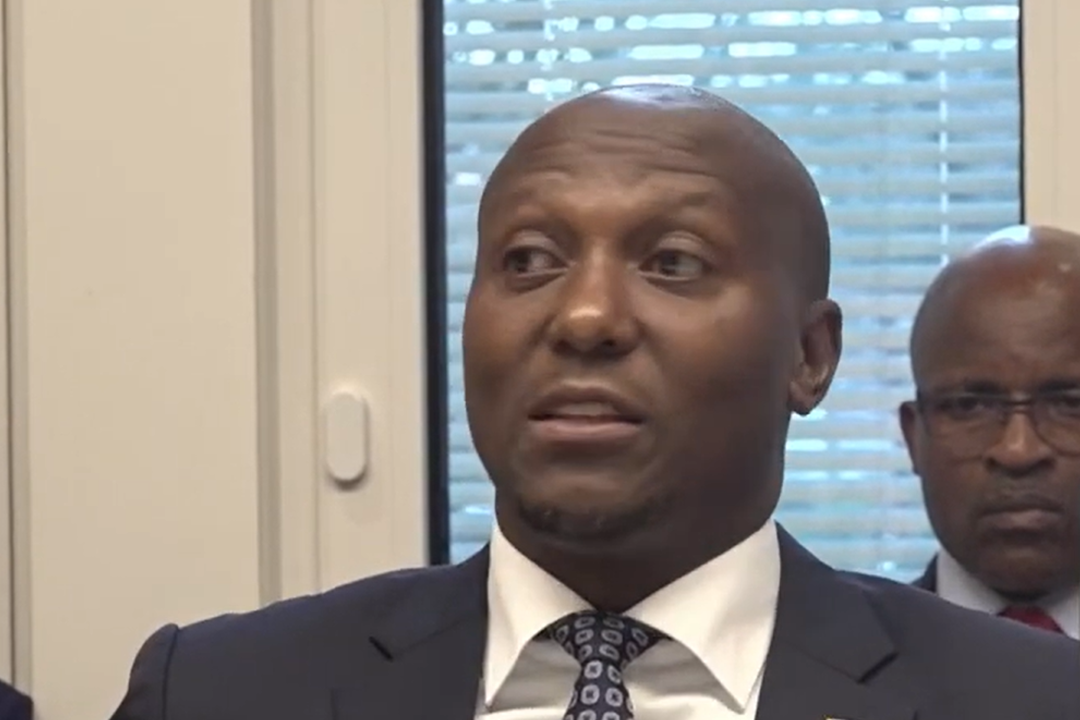By Mbono Mdluli
MBABANE – Prime Minister Russell Mmiso Dlamini had the distinguished opportunity to introduce the European Union (EU) Parliament to Eswatini’s unique governance system, Tinkhundla, and the role of Sibaya as a People’s Parliament.
On February 20, 2025, in Brussels, Belgium, Dlamini was invited to the EU Parliament, where he engaged with EU Vice President Antonella Sberna and other members of the legislature. The discussion provided a platform for the Prime Minister to explain Eswatini’s democratic governance model and its commitment to people-driven decision-making.
Tinkhundla: A Constituency-Based Governance Model
Vice President Sberna and three other EU legislators sought insight into how Eswatini operates under the Tinkhundla system. The Prime Minister described Tinkhundla as a decentralized governance structure based on 59 constituencies, each referred to as an Inkhundla (plural: Tinkhundla). He emphasized that under this system, citizens elect their representatives, who then advocate for their interests in Parliament.
To illustrate, Dlamini highlighted Ngwemphisi MP Bhekibandla Vilakati, who was part of his delegation, as an example of a legislator directly elected by the people of his constituency. The Prime Minister explained that when MPs convene in Parliament, they discuss key national matters, shape legislation, and ensure the effective use of public funds, all while representing the aspirations of Emaswati.
Sibaya: A Platform for National Dialogue
Dlamini further elaborated on the role of Sibaya, Eswatini’s People’s Parliament. He explained that this platform, convened by His Majesty King Mswati III, allows citizens to come together as equals to discuss issues affecting their communities and the country at large.
He noted that at Sibaya, Emaswati not only voice their concerns but also propose solutions to national challenges. Following these discussions, a report is compiled and submitted to the King, who then directs the Government to implement the recommendations, ensuring the nation’s collective input is translated into action.
Eswatini’s Commitment to Participatory Governance
The Prime Minister reaffirmed that Eswatini’s Constitution enshrines democracy through the Tinkhundla system, fostering direct representation and inclusive governance. His engagement at the EU Parliament reflected Eswatini’s openness to global dialogue and commitment to a governance model that empowers its citizens.
Dlamini’s presentation provided the EU Parliament with a comprehensive understanding of Eswatini’s political framework, emphasizing its community-centered approach to decision-making and national development.


